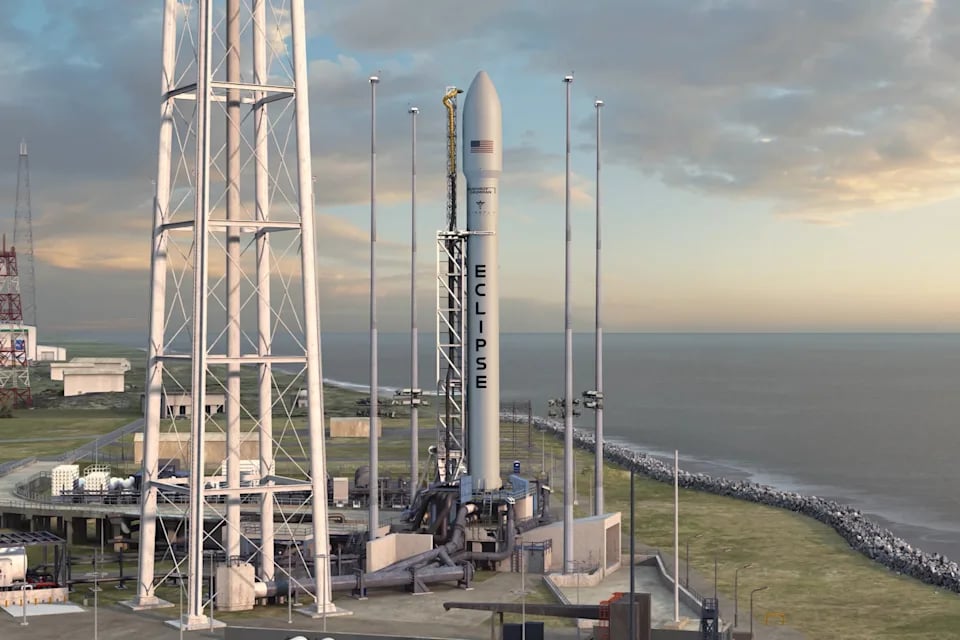Only 46 weeks remain for one of five lucky companies to claim a $20 million prize -- and the first one to arrive on the Moon gets it.
For the past 18 months, I've kept you up to date on the looming Google Lunar XPRIZE competition, a $40 million effort (recently increased from $30 million) -- sponsored by Alphabet (GOOG 0.02%) (GOOGL 0.05%) and organized by Peter Diamandis' nonprofit XPRIZE organization -- to encourage private development of the Moon. But it's only now, this year, that the clock really starts ticking. At some time within the next 10 and a half months, one company must succeed in achieving XPRIZE's three key stated requirements -- or forfeit its chance to win the $20 million purse for placing first.

Sometime in 2017, someone will land on the Moon. Bet on it. Image source: Getty Images.
First thing's first
In case you haven't been paying attention to the Google Lunar XPRIZE competition, let's bring you up to date. So far, $5.25 million in prizes have been doled out to teams demonstrating "milestone" capabilities in the skills of conducting lunar landings, moving about on the lunar surface, and lunar imaging.
Still up for grabs is the grand prize -- $20 million for being the first team to successfully land on the Moon, travel at least 500 meters from the landing site, and transmit two high-definition "Mooncasts" back to Earth. The second team to complete all three missions will receive $5 million, and then there are up to $17 million in additional prizes for accomplishing various add-on missions (e.g., conducting a Mooncast from the Apollo 11, 12, 14, 15, 16, or 17 landing sites, keeping a rover alive and functioning for at least two days, or finding water on the Moon).
But to win any share at all of this loot, someone has to land on the Moon -- and someone has to be first.
Round up some unusual suspects
Who will the winner be? I've already introduced you to two of the leading contenders:
- Israeli start-up SpaceIL, which has contracted with Spaceflight Industries for room aboard a SpaceX Falcon 9 rocket to carry its spacecraft and lander to the Moon.
- And America's own Moon Express, the first company to receive U.S. government approval to land on the Moon (with a little help from Rocket Lab's Electron rocket, which will be carrying it up there).
Both these rivals have set launch dates vaguely in the "late 2017" range, ensuring this race will go down to the wire. As for the other participants, last month, XPRIZE announced the remaining three finalists ready to take a shot at the Moon. These include:
- Synergy Moon, an international alliance among the Human Synergy Project, California-based Interplanetary Ventures, British satcom company RPC Telecommunications, and American aerospace manufacturer Interorbital Systems. Interorbital will provide the rocket for this team -- a NEPTUNE 8 launch vehicle launching from sea, off the California coast, sometime later this year.
- Team Indus, flying aboard an ISRO space agency PSLV rocket from India before attempting to land an "ECA" moon rover.
- And finally, Japanese competitor Hakuto, an eclectic team backed by everyone from Japanese space agency JAXA to Suzuki to a rock band called "Sakanaction."
Curiously, both Indus and Hakuto will ride the same PSLV rocket to the Moon, and land their rovers on the same lander. This could make it difficult deciding which one lands "first" and gets the big $20 million prize. But seeing as they have to land on the Moon successfully before they encounter this dilemma, figuring out who arrived first will be a nice problem to have once they get there. Indus and Hakuto plan to launch their XPRIZE mission on Dec. 28, 2017.
What it means to investors
$20 million, $30 million, $40 million -- however much prize money Google ultimately antes up for the winners, it's unlikely that any of these teams will make much of a profit from running the first privately funded Moon landing. But that's not the point.
First and foremost, the point will be earning bragging rights for accomplishing something no nongovernmental agency -- not even SpaceX -- has ever done before: landing a spacecraft on the Moon. And as we saw when privately held Scaled Composites won the Ansari XPRIZE back in 2004 -- and was later bought out by Northrop Grumman (NOC 0.32%), which had previously owned only a minority stake -- just placing first in an XPRIZE competition could make a company more attractive to would-be acquirers.
Of greater import to investors, though, is what comes after someone successfully lands a spacecraft on the Moon. Proving the mission is feasible will almost certainly invite imitation by larger companies, and with any luck, publicly traded companies that we can invest in ourselves. It will open up not just a new market, but literally a whole new world of opportunities for those who follow the trail blazed by this year's space pioneers. All we need now is for someone to take that first step.
And by Dec. 31, 2017, we should know who that will be.







